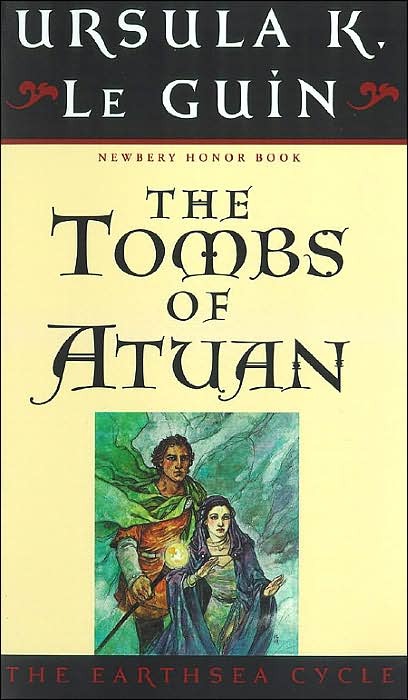
Part of Series
Earthsea, il mondo dei grandi arcipelaghi e degli immensi oceani, l’universo lontano dove la magia è ancora potente, la terra misteriosa in cui uomini e draghi hanno convissuto e dove, secondo una leggenda, un mago sconfiggerà le forze del male per riportare l’Equilibrio della vita… A Gont, una delle isole di Earthsea, vive un giovane pastore, Ged, il quale, grazie ai suoi straordinari poteri, conquista il privilegio di diventare apprendista dei grandi maghi dell'Arcipelago. Il ragazzo, che assume il nome di Sparviero, è destinato a essere un grande domatore di draghi, ma è altresì consumato dal desiderio d’imparare troppo in fretta. L'uso poco saggio dei suoi poteri aprirà dunque uno spiraglio nel mondo dei defunti e farà comparire l'Ombra della sua stessa morte, che cercherà di afferrarlo nella sua morsa e di annientarlo… Per la prima volta in Italia vengono presentati in un unico volume i cinque i romanzi che compongono la Saga di Earthsea, grandiosa rappresentazione del drammatico confronto tra le forze della luce e quelle delle tenebre, perché «la luce e l’ombra sono un tutt’uno, i due poli dell’Equilibrio. La vita nasce dalla morte e la morte dalla vita; nella loro opposizione esse rinascono in continuazione…» Un’opera di maestoso respiro, che ha entusiasmato la critica e il grande pubblico al pari degli altri capolavori della letteratura fantastica come Il Signore degli Anelli e Le cronache di Narnia.
Author

Ursula K. Le Guin published twenty-two novels, eleven volumes of short stories, four collections of essays, twelve books for children, six volumes of poetry and four of translation, and has received many awards: Hugo, Nebula, National Book Award, PEN-Malamud, etc. Her recent publications include the novel Lavinia, an essay collection, Cheek by Jowl, and The Wild Girls. She lived in Portland, Oregon. She was known for her treatment of gender (The Left Hand of Darkness, The Matter of Seggri), political systems (The Telling, The Dispossessed) and difference/otherness in any other form. Her interest in non-Western philosophies was reflected in works such as "Solitude" and The Telling but even more interesting are her imagined societies, often mixing traits extracted from her profound knowledge of anthropology acquired from growing up with her father, the famous anthropologist, Alfred Kroeber. The Hainish Cycle reflects the anthropologist's experience of immersing themselves in new strange cultures since most of their main characters and narrators (Le Guin favoured the first-person narration) are envoys from a humanitarian organization, the Ekumen, sent to investigate or ally themselves with the people of a different world and learn their ways.


